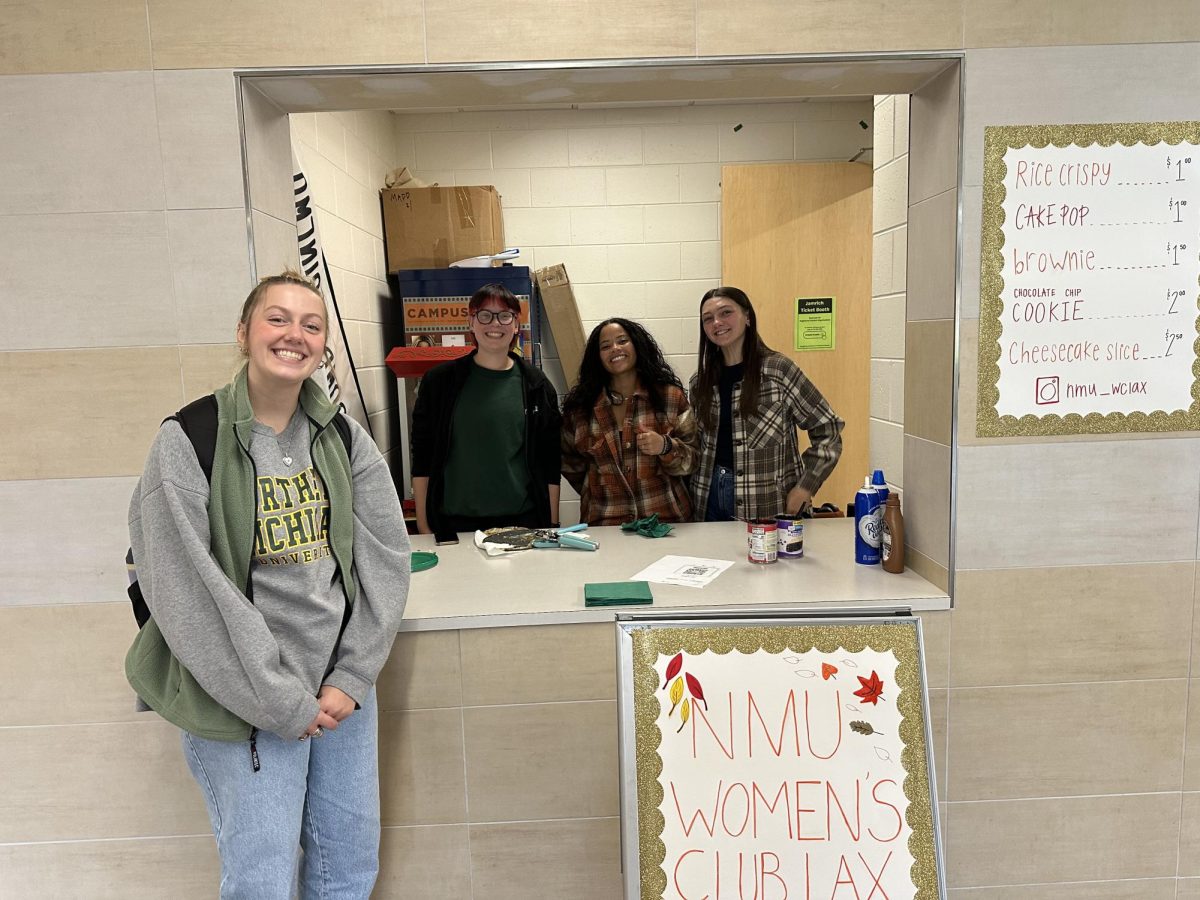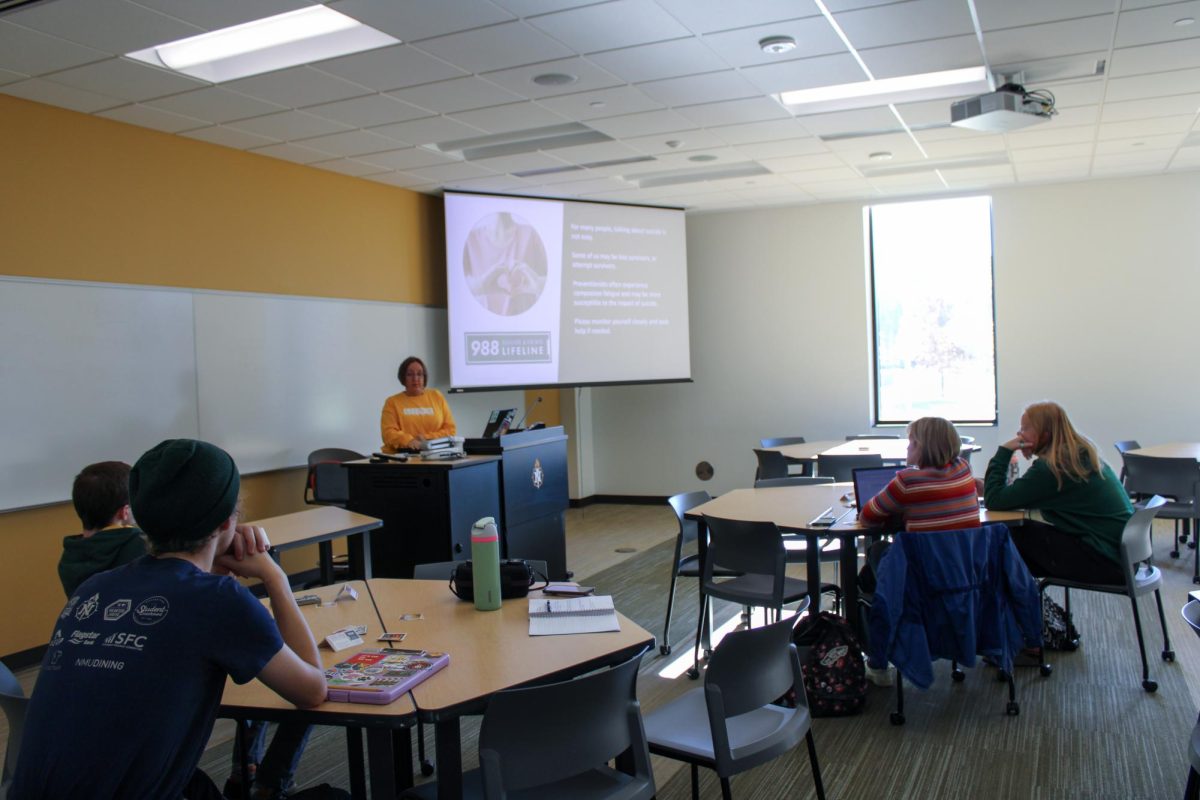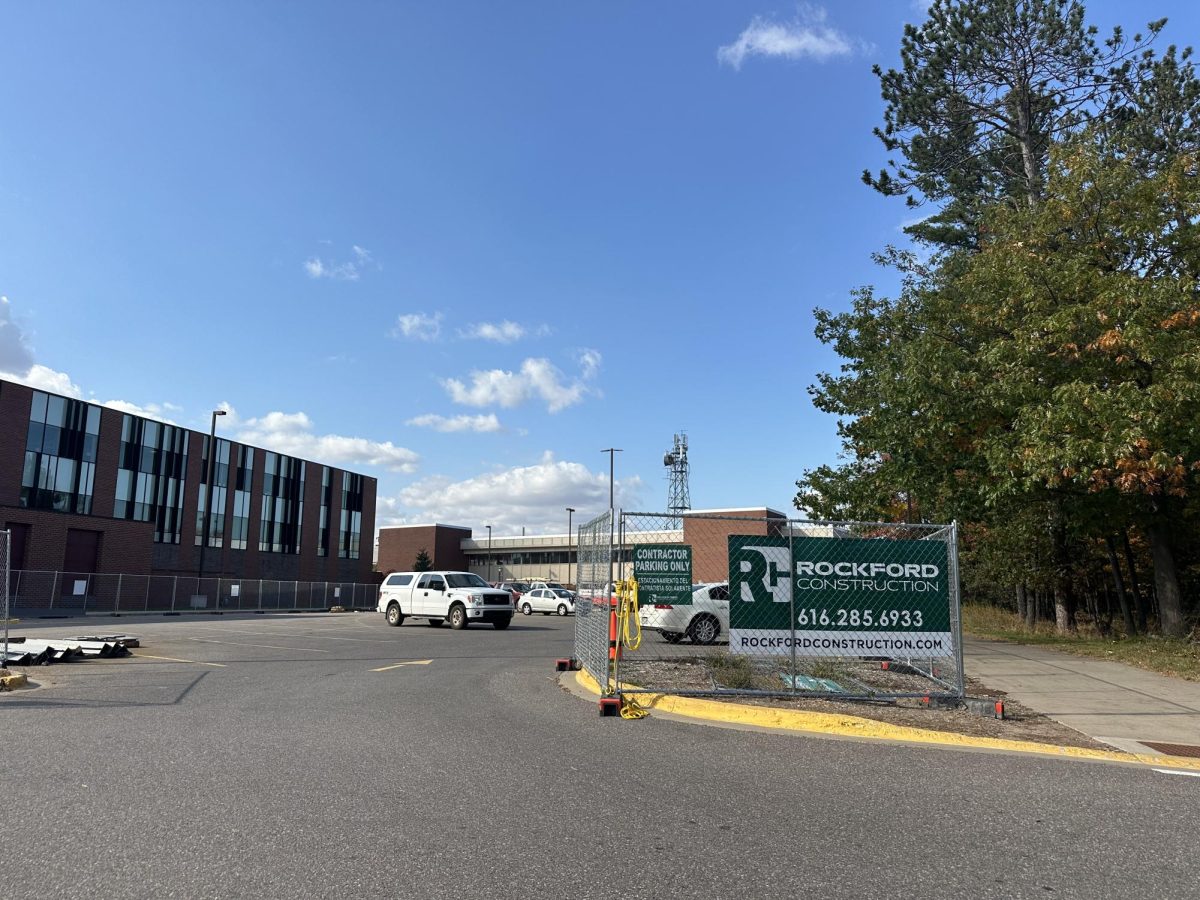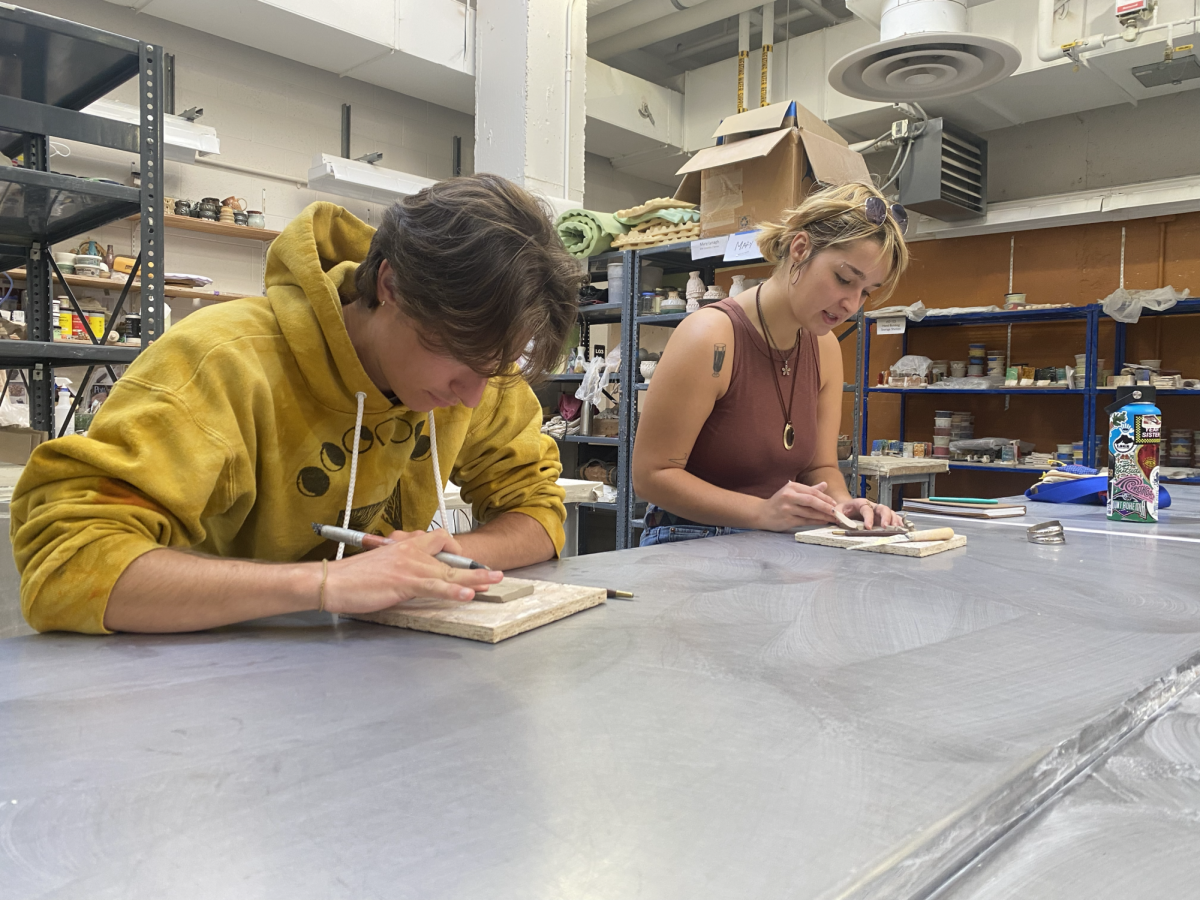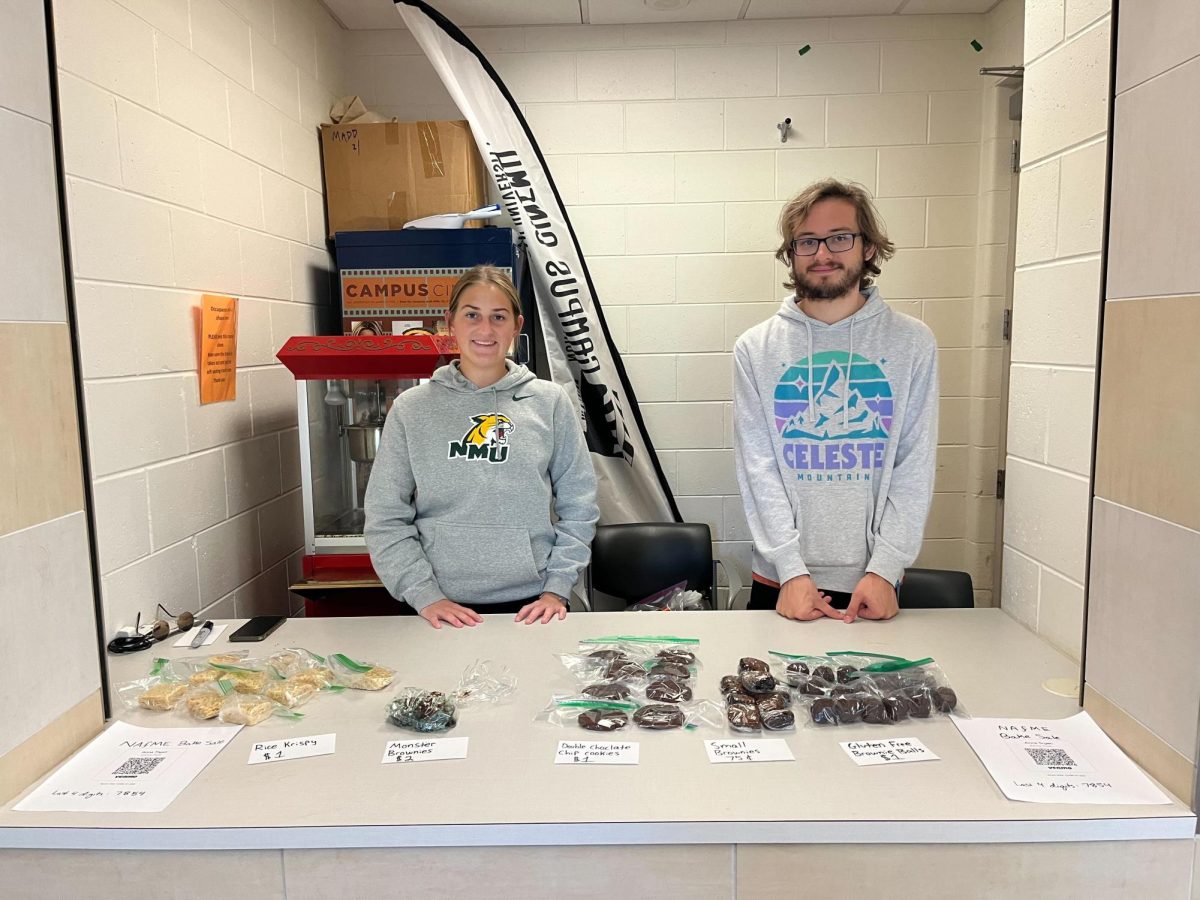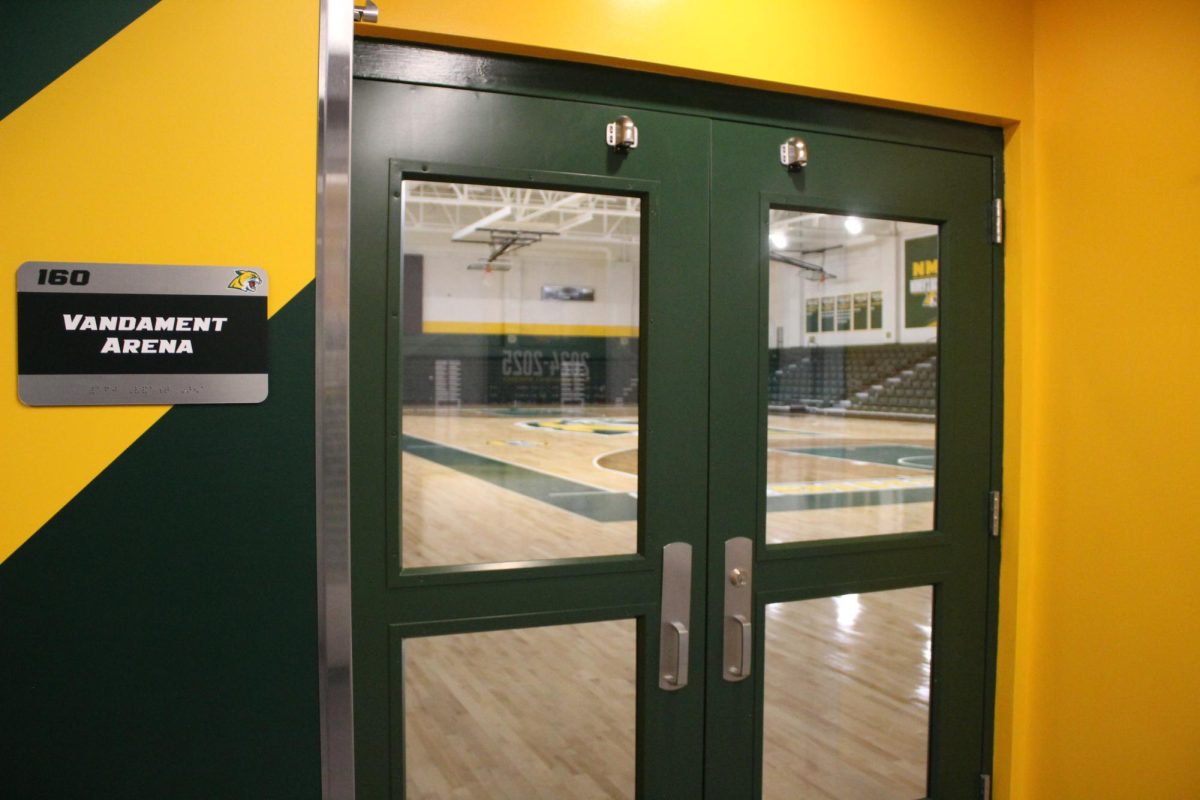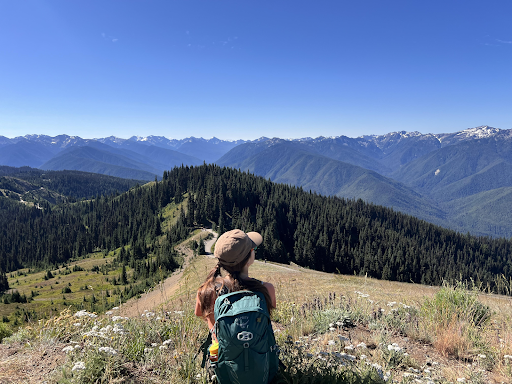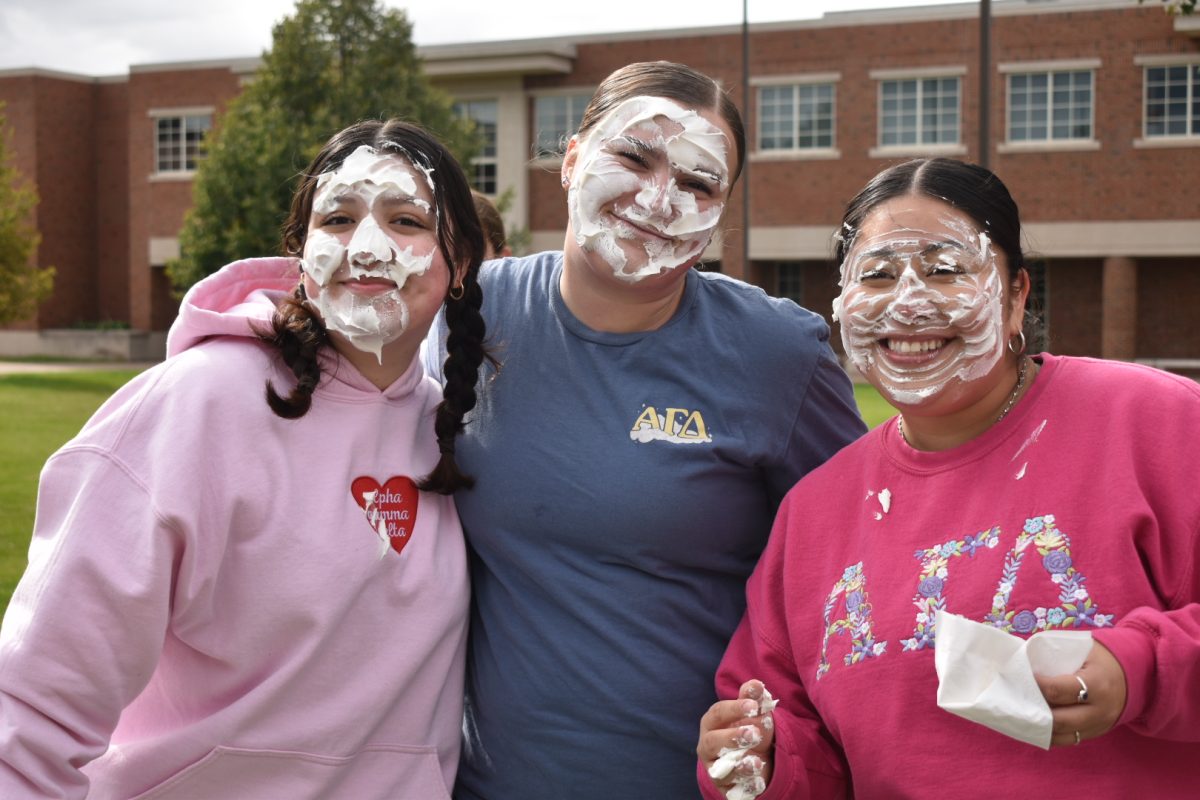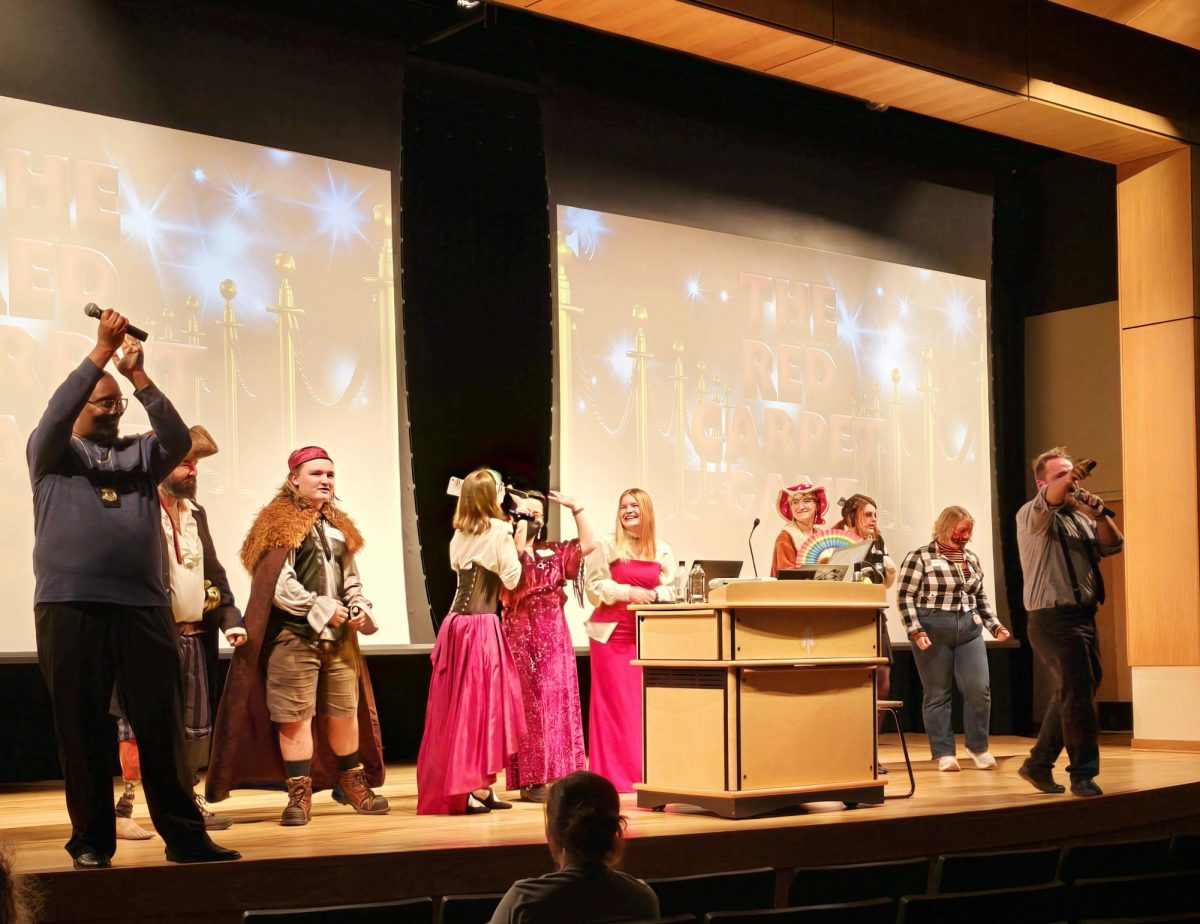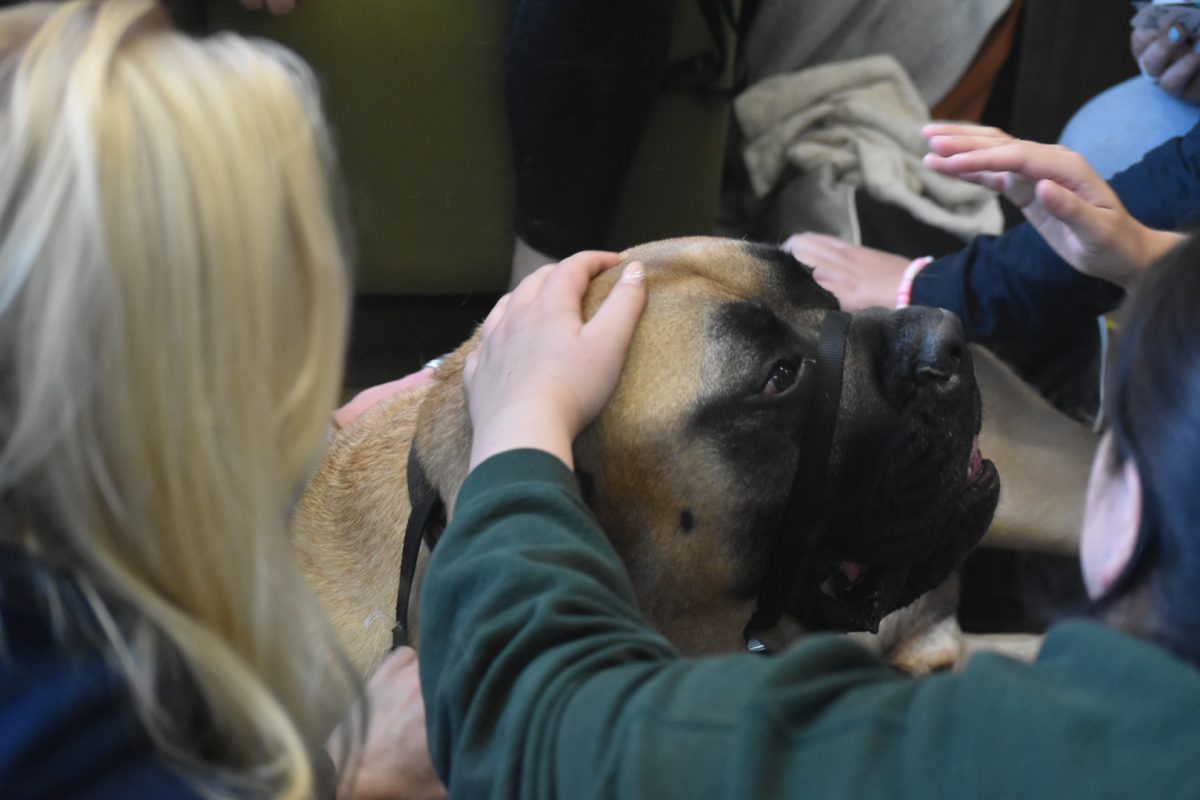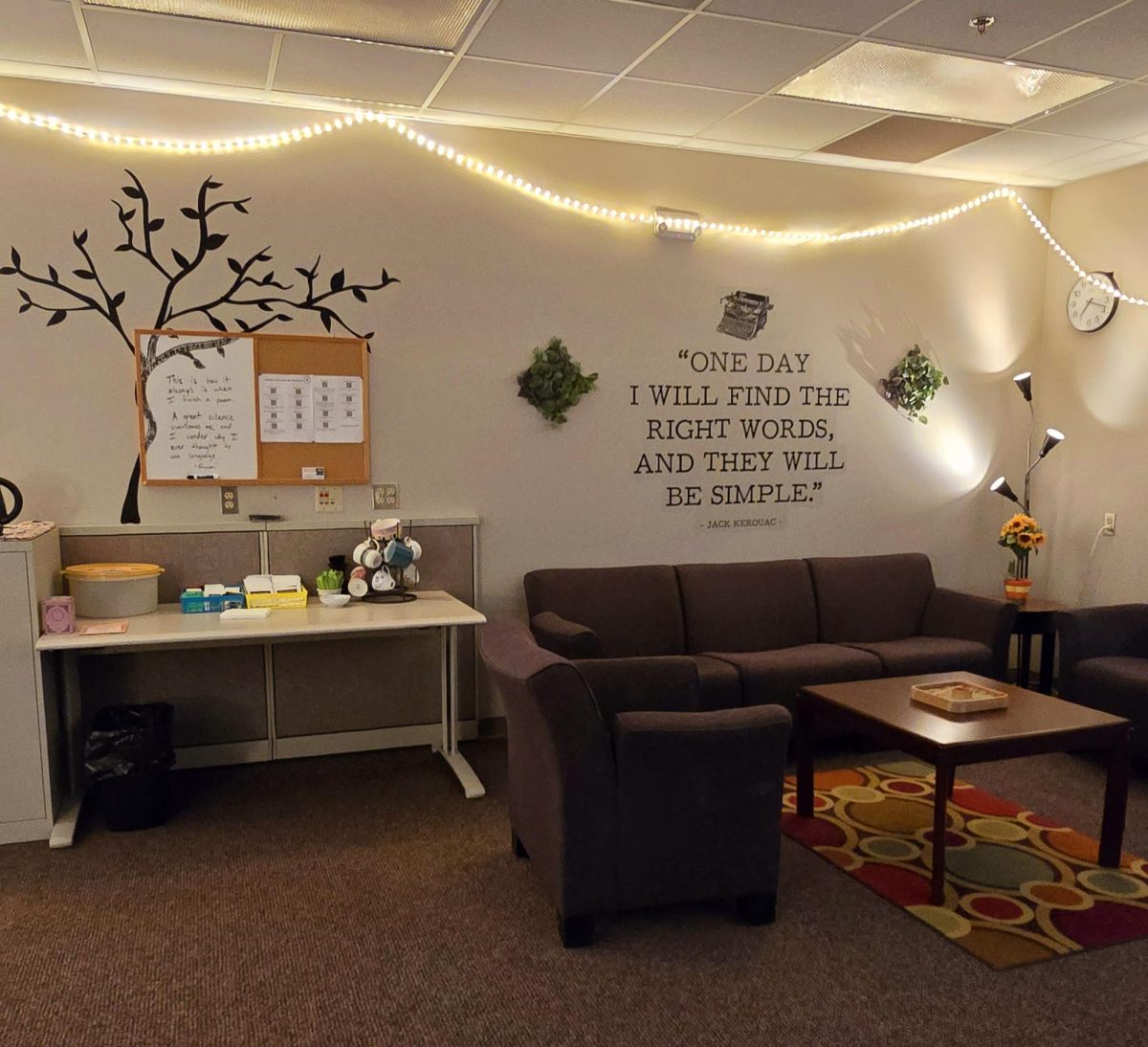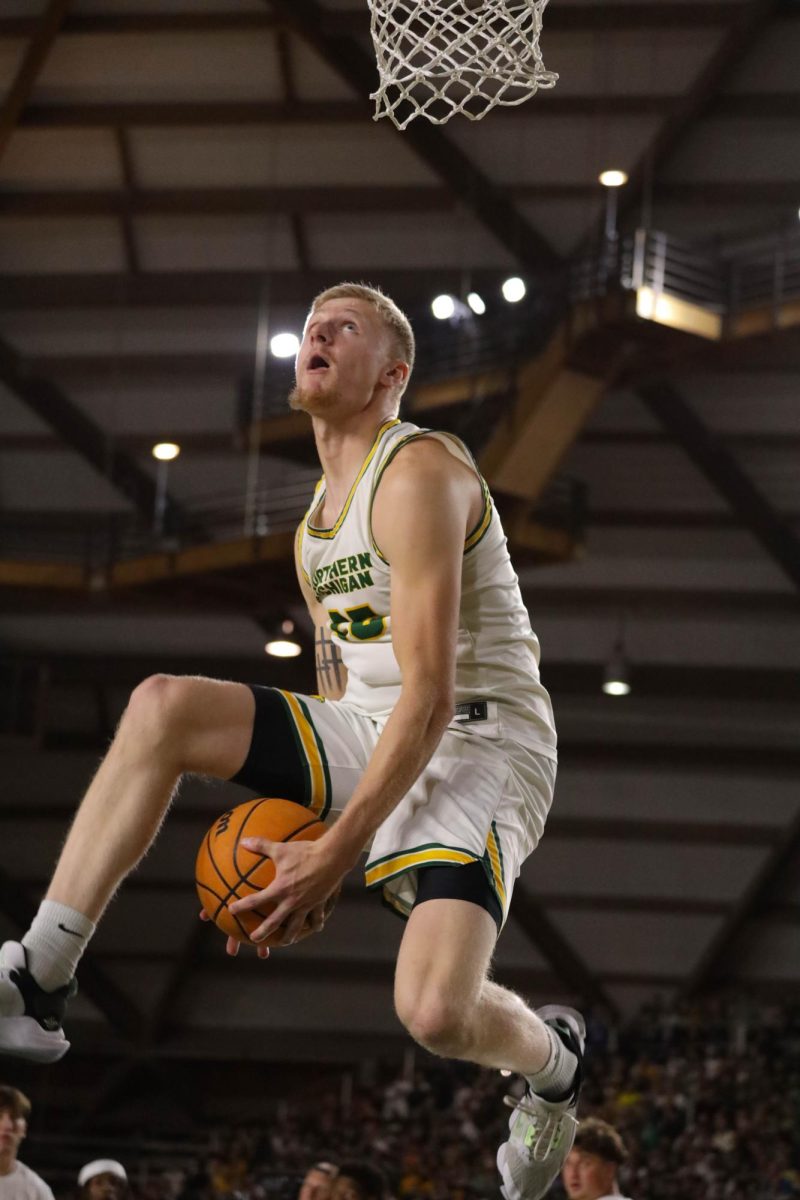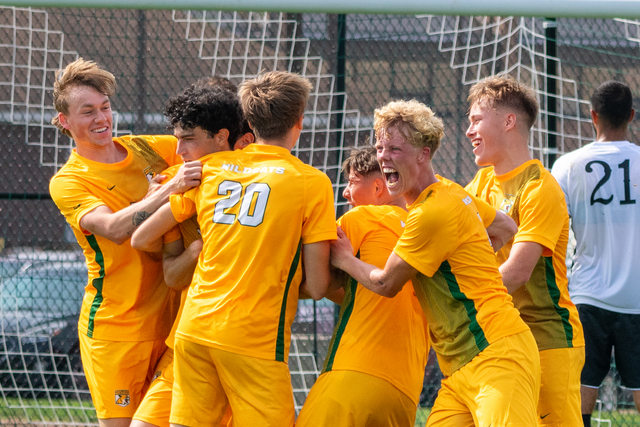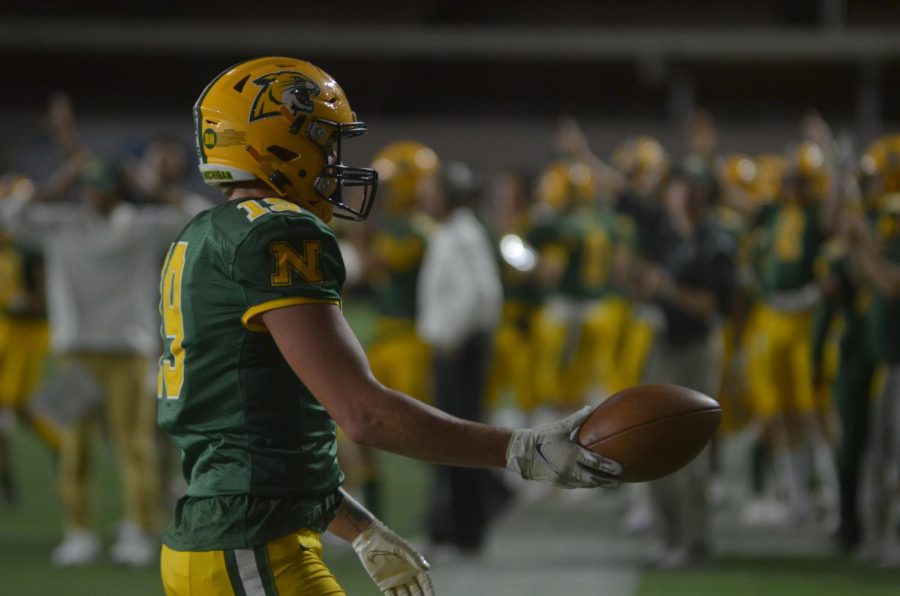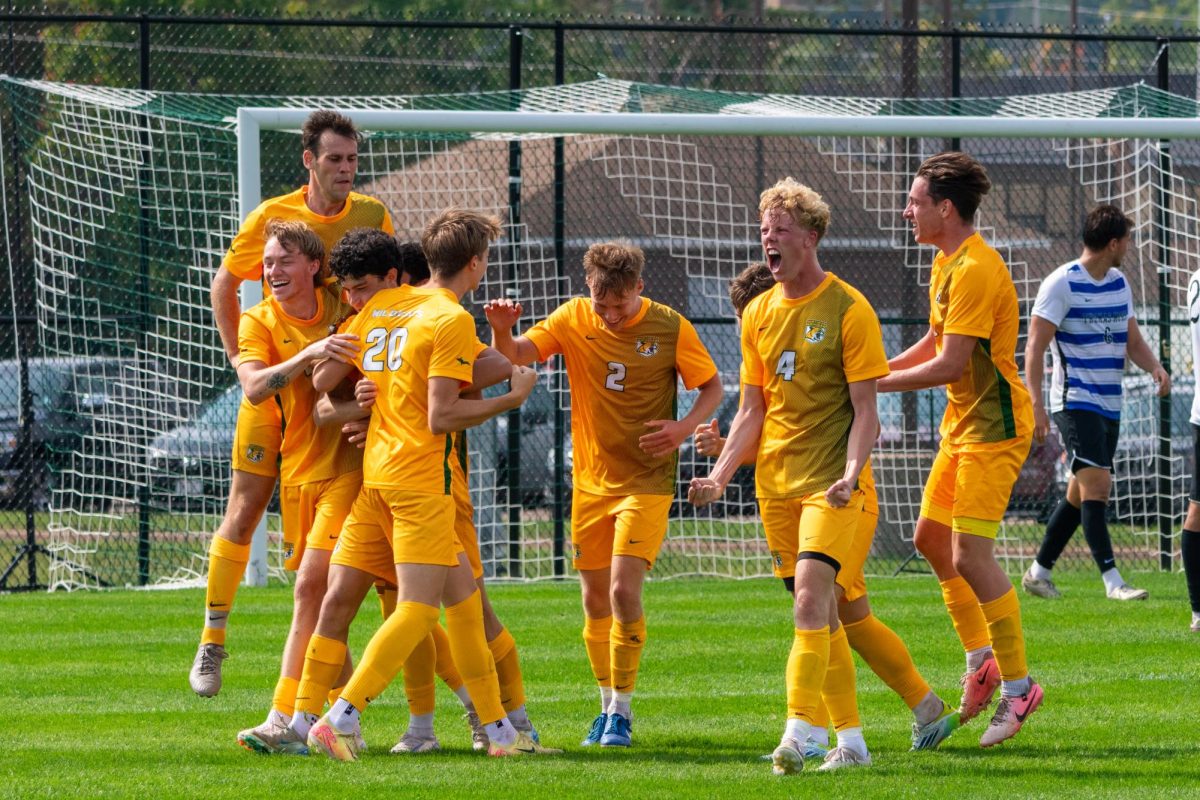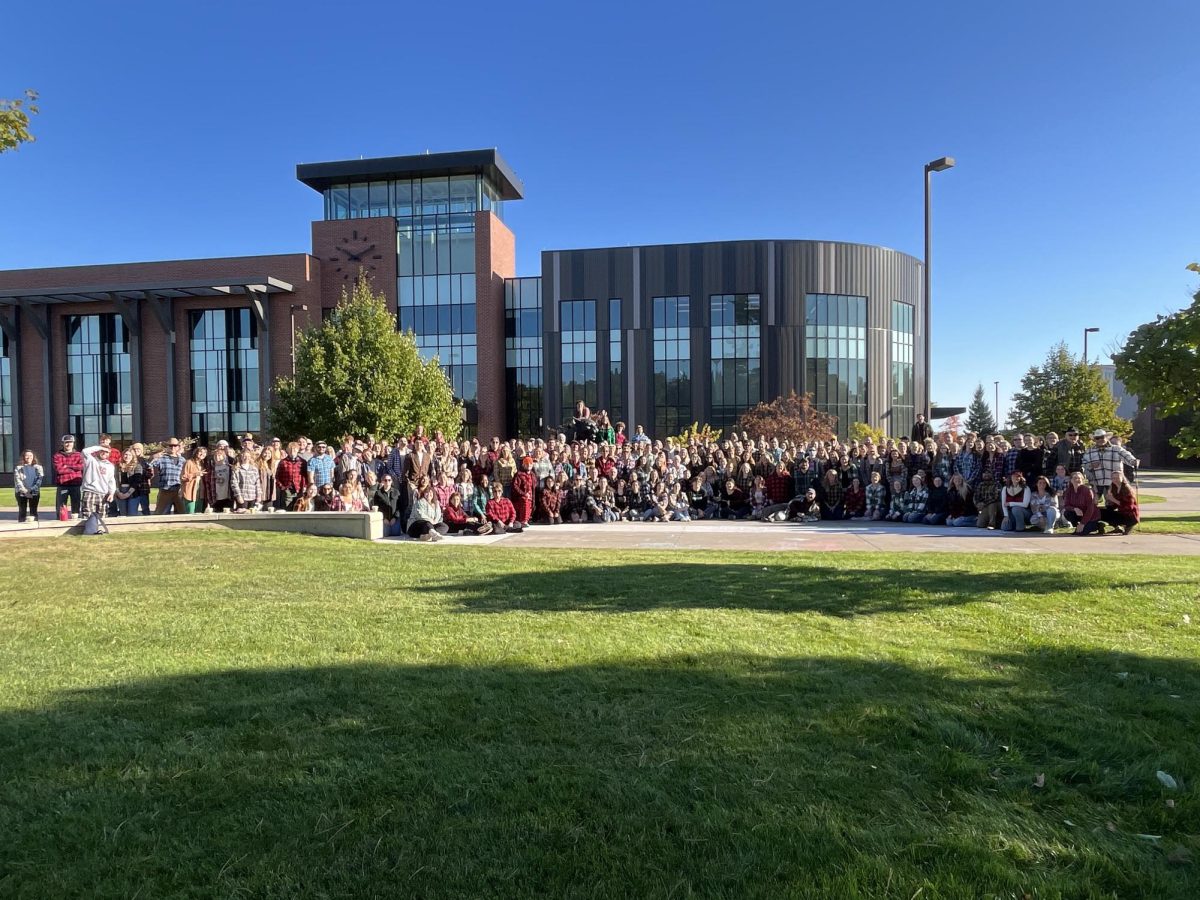For those who have seen “The Ides of March,” Michigan’s presidential primary last month may have appeared all too familiar. At the feature film’s climax, the favorite to win the Ohio primary, played by George Clooney, nearly loses the Democratic race because of the state’s “open” system. On Feb. 28, Michigan residents witnessed a similar plot unfold as the GOP pack leader Mitt Romney battled Rick Santorum for coveted votes across the state.
Michigan is one of nearly 20 states that hold open primaries, meaning Democrats and independents can vote in Republican primaries and vice versa. The free spirit of these elections has created a situation in which opposing party members cross over, vote in another party’s primary and attempt to swing the election in favor of the candidate they feel their party can defeat in a general election; a systematic effort known as “raiding.”
Raiding has been a concern for the major parties for a larger part of the last half-century, however, within the past two decades the practice has gained momentum. Efforts to raid opponents’ primary elections have been met with mixed emotions.
Romney recently stated in an interview with “Fox and Friends,” “We don’t want Democrats deciding who our nominee is going to be.” Unfortunately for the Romney camp, not all GOP members have been critical of the system. In fact, Rick Santorum attempted to promote raiding efforts, urging Democrats to come to the polls and vote against Romney on Feb. 28. The strategy nearly paid off as Santorum lost by a narrow margin.
Although Democratic raiding failed to secure the victory for Santorum, a larger worry remains for members of both parties. The open primary system can promote citizen involvement in politics and tap into the American democratic spirit, but at what cost? Why do we as Americans attempt to obstruct competition in a general election between the two “best” candidates running for the nation’s most powerful office?
Critics of the open primary system hope to keep the nomination process “in-house.” With a closed or semi-closed primary, members of political parties — not outside rivals — control their nominees. Virginia Lt. Gov. Bill Bolling wrote to fellow Republicans last week, “I realize that one of the challenges with Virginia’s current open primary system is the possibility that our primary could be influenced by Democrats or other voters who do not have the best interest of our party or candidates at heart. That is a legitimate concern, and that is why I have always supported and continue to support voluntary party registration in Virginia.”
States such as South Carolina have even proposed changing their open primary system, hoping to limit election raiding and outsider influence. GOP Representative Garry Smith of Greenville discussed the potential change saying, “Primaries allow a party to choose who they want to represent them in the general election. They should have some say in who is allowed to vote in their primaries.”
The “invitation to mischief,” as political pundit James Frye termed, associated with open primaries has further exacerbated the rivalry between the two major parties. In most states today, closed primaries are a domestic function of political parties and for good reason. Unfortunately for open primary proponents, their democratically-motivated arguments in which open primaries “allow for everyone to vote,” is unfounded and largely disproved and discredited.
Analyses of voter turnout levels comparing open and closed primary systems show no difference in participation rates. Furthermore, closed primaries deter fraudulent, mischievous voting practices that could potentially impact the general election and subsequent presidency of the United States.
Allowing parties to put forward their best competitors to duke it out for the world’s most visible position is not only justifiable, but necessary.
Perhaps the box office and Michigan’s primary election last month may be reminders that competition facilitated by closed primaries is beneficial to the efficiency and success of the American government. Just ask George Clooney.

